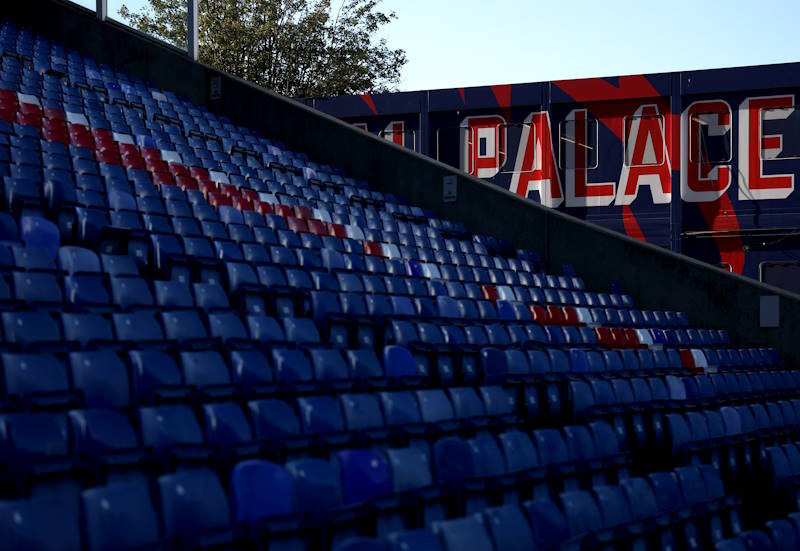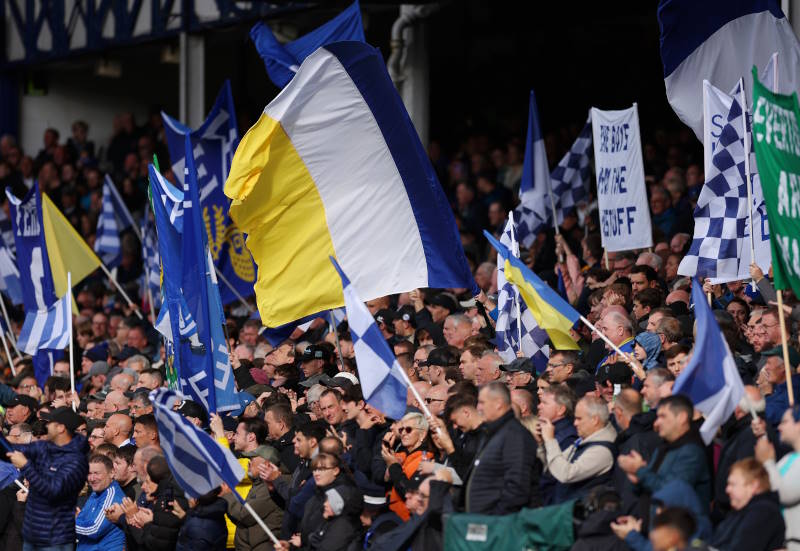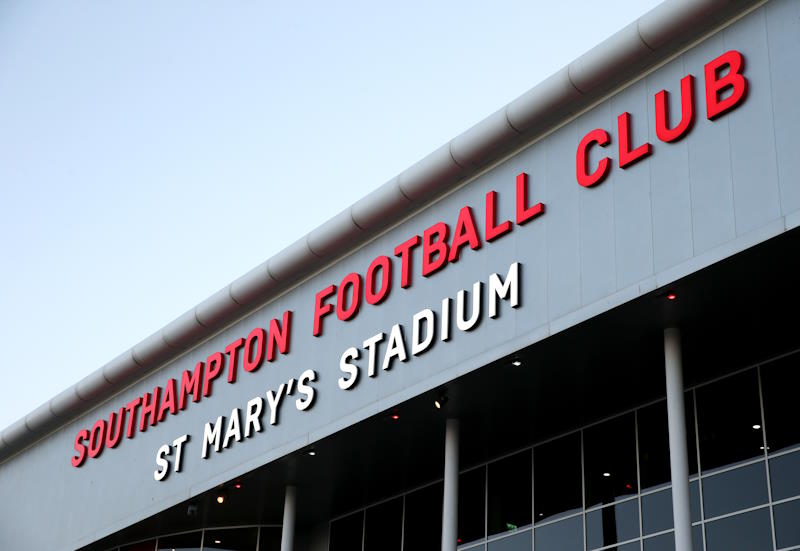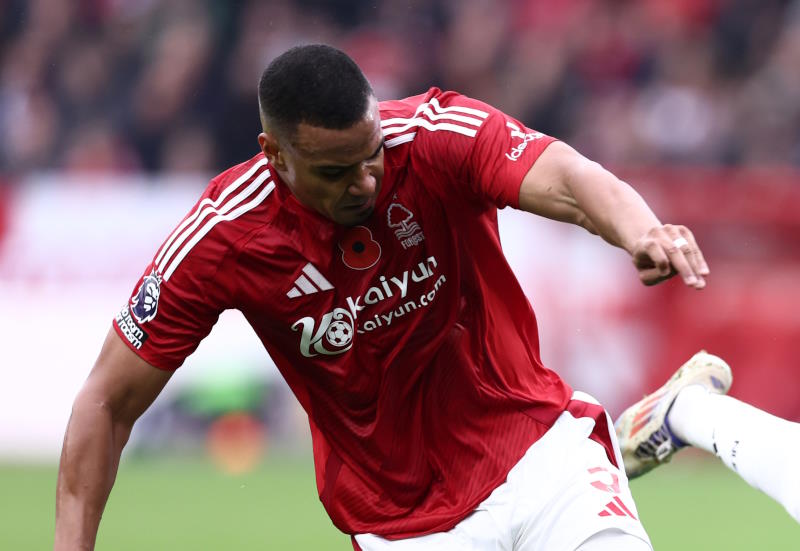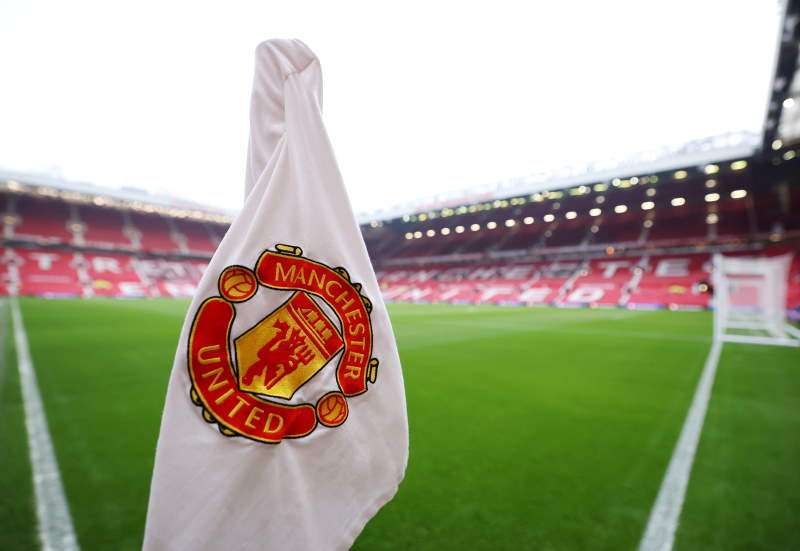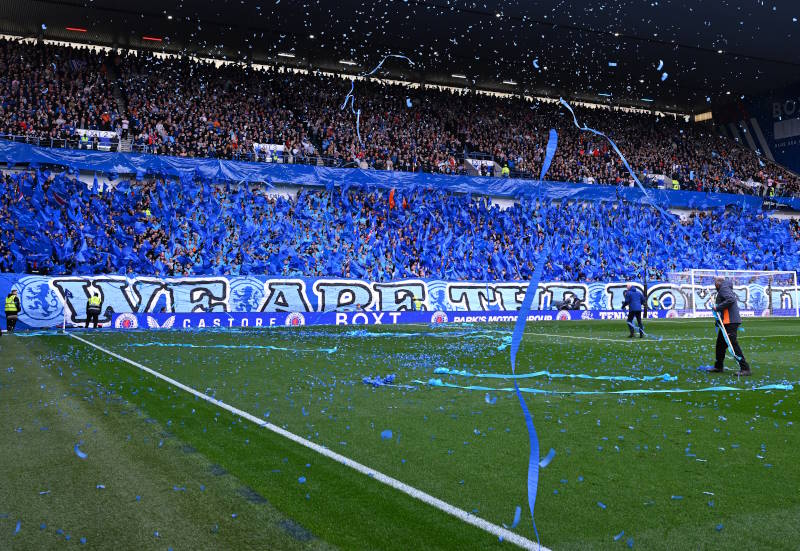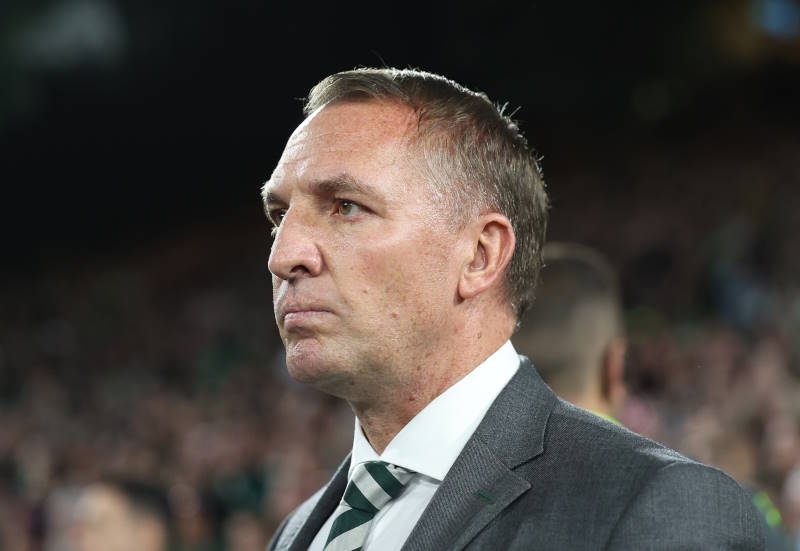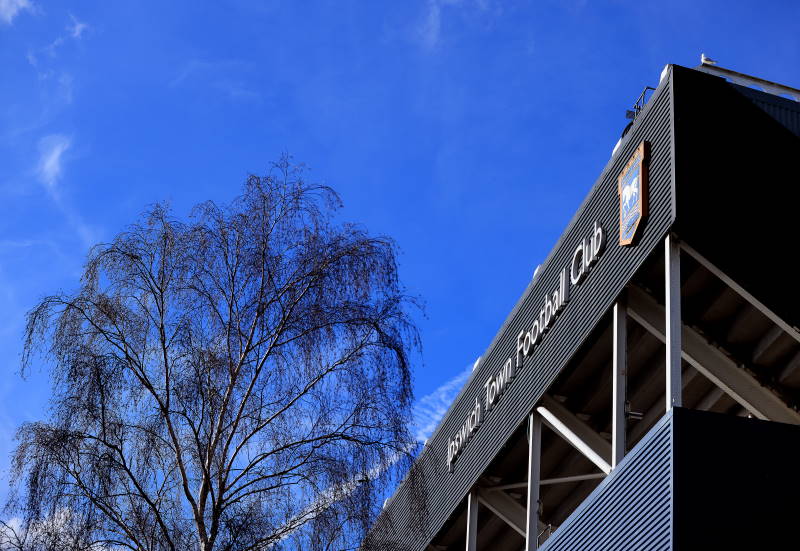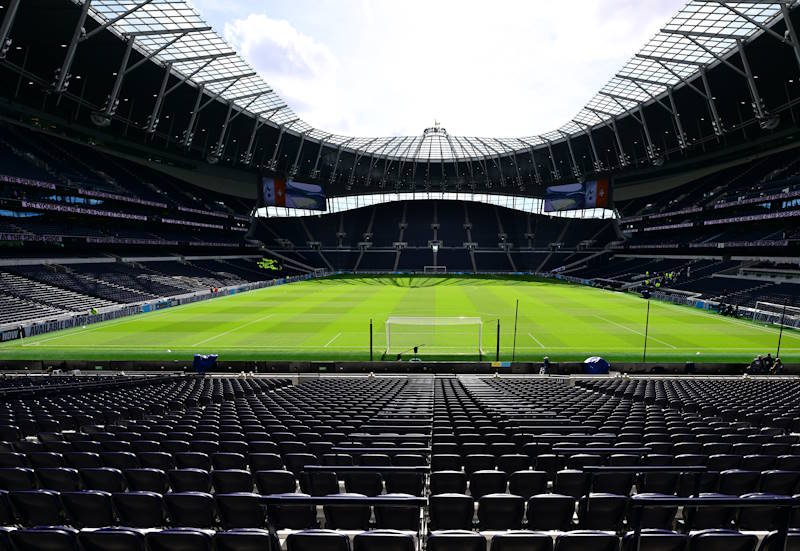
Matt Jackson
In an era when it has become fashionable to sell up to a murky billionaire and buy success, Blackpool have delivered a valuable lesson – hard work and team spirit can still succeed. As the face of the game has been changed by the likes of Chelsea and Manchester City, Blackpool have done things the ‘right’ way, and helped to restore people’s faith that romance in football can be found away from the magic of the FA Cup.
Romance is a term used too commonly these days, but Blackpool’s achievements truly epitomise what the concept is about. The Seasiders are not a club without pedigree: they won the FA Cup in 1953, spent 21 years in the top flight from 1946-67, and have had many great players, none more famous than the legendary Sir Stanley Matthews. But as the gap has grown between England’s top teams and the rest, Blackpool have become a relatively small club – recent turnover has been around £7M.
This is about to change, in a big way.
For competing in the Premier League next year, they’ll receive £40M, and have the added comfort of £48M of parachute payments should they go straight back down. This huge influx of money will transform the club, and this is the real meaning of romance. It’s not just a small side managing to get to the FA Cup 5th round, and it certainly isn’t one of the so called ‘yo-yo clubs’ getting promoted again – it’s a club with a modest background, working hard, doing things the right way, and getting everything they dreamed of, and more.
However, as romantic as the tale has been so far, the question now is whether Blackpool can use this platform to establish themselves at the next level. From the moment the final whistle blew at Wembley in May, bookmakers everywhere have had the Seasiders as favourites to make an abrupt U-turn, and with good reason – historically, newly promoted teams are more likely to suffer relegation than others, and on paper, Blackpool have arguably the weakest squad of the three new sides.
But they also have something no other team does – Ian Holloway. Prior to his move north, Holloway’s achievements had been mixed, as he walked a thin line between becoming more renowned for his one line quips than his managerial capabilities. Mediocre results at QPR and Plymouth preceded a disastrous six months at Leicester which ended in relegation and his subsequent departure.
So what’s changed? In his year out of management, Holloway took time to re-evaluate his beliefs, and to study the beautiful game to improve his tactical nous. In other words, he put in the hard work. The results are undeniable.
And it is the tactics that Holloway implements that holds one of the keys to Blackpool’s chances of survival. One of the main ideas the 47-year-old took away from his year off was the need to go all out to win games, and he followed this mantra at Blackpool, using an effective 4-3-3 system. His side didn’t sit back when they took a lead, instead trying to finish opponents off. This was evident nowhere more so than The Championship playoff final itself – when most expected Blackpool to spend the second half camped in their own box, the Tangerines pushed forward, searching for another goal to kill the game. They didn’t find it that time, but their attitude was exactly right.
Traditional wisdom would have the Seasiders change this approach for a more conservative one this season, but that is precisely what Blackpool must avoid. Teams in the Premier League are too good to ‘hold on’ against – unlike teams in the Championship, nine times out of ten, they’ll find a way through. This isn’t to say Holloway should attempt to copy the football of Arsenal, just that they shouldn’t sit back in every match. Too often a familiar tale unfolds where the underdog clings to a 1-0 lead until the 93rd minute, when the opposition steal an equaliser, deflating the whole side. If Blackpool can stick to their current mentality, they may take some tough losses, but they’ll also surprise a few people with some good results.
One thing Holloway didn’t need to improve, however, was his team building and motivational techniques. Not one to play by the rules, the ex-Plymouth boss employs methods most managers wouldn’t dream of, and does so with success. Prior to a game against Derby last season, he bought 22 teddy bears, and used them to discuss the game plan. Unorthodox, indeed, but the 2-0 win spoke for itself. For the upcoming season, he plans for the squad to play Subbuteo to better understand positioning and tactics.
Whatever the criticisms of these methods may be, one thing is undeniable – Holloway has an innate ability to create an excellent team spirit, where everyone works for each other, and doesn’t shirk their responsibilities. Unfortunately, this will only take a side so far. There comes a point where this must be combined with some money.
Holloway has commendably pledged to stick with the squad that got them to this point, but deep down he must know he needs to add some quality. At £500,000, midfielder Charlie Adam was a magnificent acquisition, but bargains like this don’t come around very often. Whether Karl Oyston, the chairman, will provide Holloway with much of a transfer kitty remains to be seen.
Prudency will pay dividends should the team fail in their bid for safety, but the balance must be struck between this and simply not standing a chance. The players they have so far been linked with have been of mixed quality: Francis Jeffers, for example, has been training with them, but is hardly the kind of player to strike fear into Premier League defences after his release from a relegated Sheffield Wednesday.
So will Blackpool survive? The odds are firmly stacked against them, but it is not unthinkable. Rather ‘Mission: Difficult’ than ‘Mission: Impossible’. Whatever the outcome, though, with Holloway at the helm of the ship, and a town riding the crest of a wave, it’s sure to be an interesting journey.



